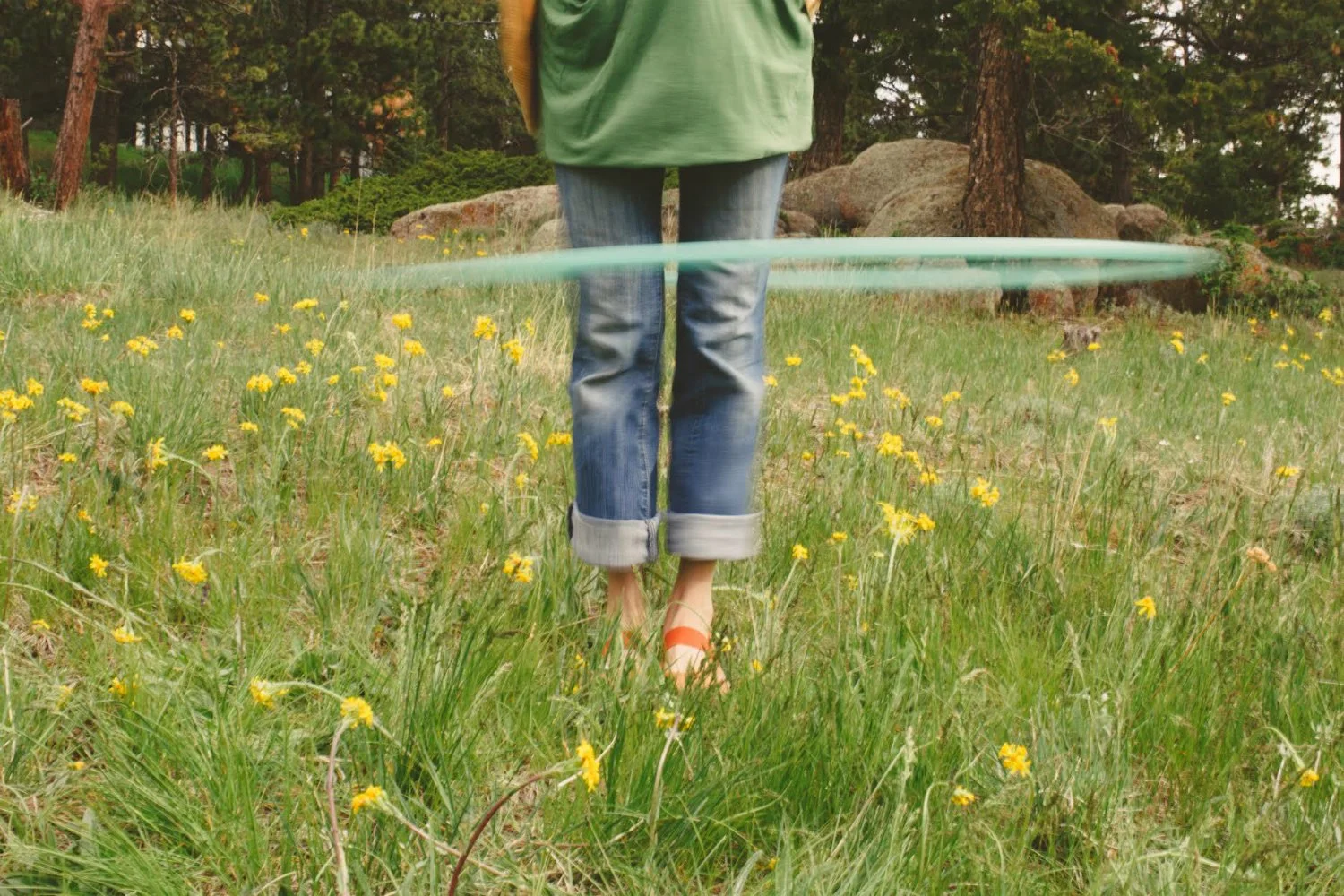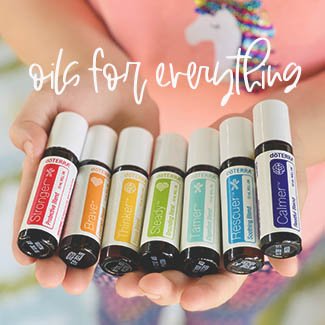The Green Movement
/I picked up the Sunday edition of the New York Times a few months ago and I was hooked. The stories are diverse andthe writing is superb. Of course, I am an information junkie...so others who read it might not be so easily enthralled :) I thrive on learning new and exciting things. My heart literally races as I read facts that have never entered my thoughts before (disclaimer: nearly all traditional media outlets are owned by huge conglomerates and are biased...so always read with a critical eye!).
The article that jumped out and called to me was "Buying into the Green Movement". I laughed out loud as I read the introductory paragraph:
"Here's one popular vision for saving the planet: Roll out from under the sumptuous hemp-fiber sheets on your bed in the morning and pull ona pair of $245 organic cotton Levi's and an Armani biodegradable knit shirt.
Stroll from the bedroom in your eco-McMansion, with it's photovoltaic solar panels, into the kitchen remodeled with reclaimed lumber. Enter the 3-car garage lighted by energy-sipping fluorescent bulbs and slip behind the wheel of your $104,000 Lexus Hybrid.
Drive to the airport, where you settle in for an 8,000 mile flight--careful to buy carbon offsets beforehand--and spend a week driving golf balls made from compacted fish food at an eco-resort in the Maldives."
The article goes on to say that even though there are so many eco-friendly products for you to buy...buying them does NOT necessarily make the earth more happy. You are still consuming. When you consume, those resources have to come from somewhere. Is it more earth-friendly to keep your non-organic, yet still comfortable cotton sheets until they wear out, or to buy brand new organic cotton sheets? When you buy the new sheets, cotton needs to be harvested and shipped to a manufacturer. The manufacturer makes the sheets which requires electricity, water, and numberless other items. Then the sheets are shipped in (most likely) a gas-guzzling semi (oh wait...maybe it's a biodiesel semi :)).
Basically, what they are saying is that the "green consumerism movement" is not so green after all. When you buy a lot of new things to be more "green"...you could be adding to the problem. However, in my opinion, there is an exception when you are buying something that is health related AND it's more green. For example...should I just continue using my Nalgene bottles when there is evidence that they aren't good for your body? No...you should run as fast as you can and buy some stainless steel water bottles. Or, should I just continue to use up my nasty chemical cleaners or use natural cleaners right away? My choice would be to get rid of them immediately (or donate them to someone or some place who hasn't seen the eco-light yet :) ) Should you throw out all of your old clothes and only buy organic, natural fiber clothing? Probably not. Everyone will have a different opinion on what is right for them...just be mindful of your own choices.
Back to the article:
Paul Hawken, an author and longtime environmental activist, said the current boom in earth-friendly products offers a false promise. “Green consumerism is an oxymoronic phrase,” he said. He blamed the news media and marketers for turning environmentalism into fashion and distracting from serious issues.
“We turn toward the consumption part because that’s where the money is,” Mr. Hawken said. “We tend not to look at the ‘less’ part. So you get these anomalies like 10,000-foot ‘green’ homes being built by a hedge fund manager in Aspen. Or ‘green’ fashion shows. Fashion is the deliberate inculcation of obsolescence.”
He added: “The fruit at Whole Foods in winter, flown in from Chile on a 747 — it’s a complete joke. The idea that we should have raspberries in January, it doesn’t matter if they’re organic. It’s diabolically stupid.”
Basically, you just want to use common sense. Make the right choice for yourself and your family, but don't do it just to be trendy. Just because it says it's "eco-friendly" on the package doesn't mean it meets your own personal standards. Just because it's at your local coop doesn't mean the food didn't come from overseas. Be diligent in educating yourself about what exactly you are purchasing. Where did it come from? Who made it? Why do I need this?
When it comes to celebrities touting green lifestyles, etc...I want to give everyone the benefit of the doubt. It's a given that there are many companies and individuals who will use the green movement to make money (greenwashing), get their name out there, etc. And there are a lot of people who will say how those people aren't "green enough" or they have other motives. I say...who cares?! Whether they have pure motives or not, they are still spreading the word about living greener and lighter on the earth. Even if one person is inspired to make a change in their lifestyle, all of those little changes will add up to big change.
A perfect example of this is the Live Earth event that happened on 07/07/07. If you haven't heard about it...this event was a worldwide concert spotlighting green living and fighting global warming. Yes, there were celebrities. Yes, they will probably sell more albums because they performed at Live Earth. BUT...think of all of the concert-goers who heard the message of living greener who may have never even thought about it before! Just for that single fact, it was a wonderful event.
How green are you? Are you light green? Dark green? Sage green? Who cares. That's silly :) It's not a change that you make overnight...you make little changes, one at a time. Let's not judge anyone on how green they are compared to anyone else. Let's just make our own changes and encourage others in their journey as well.





